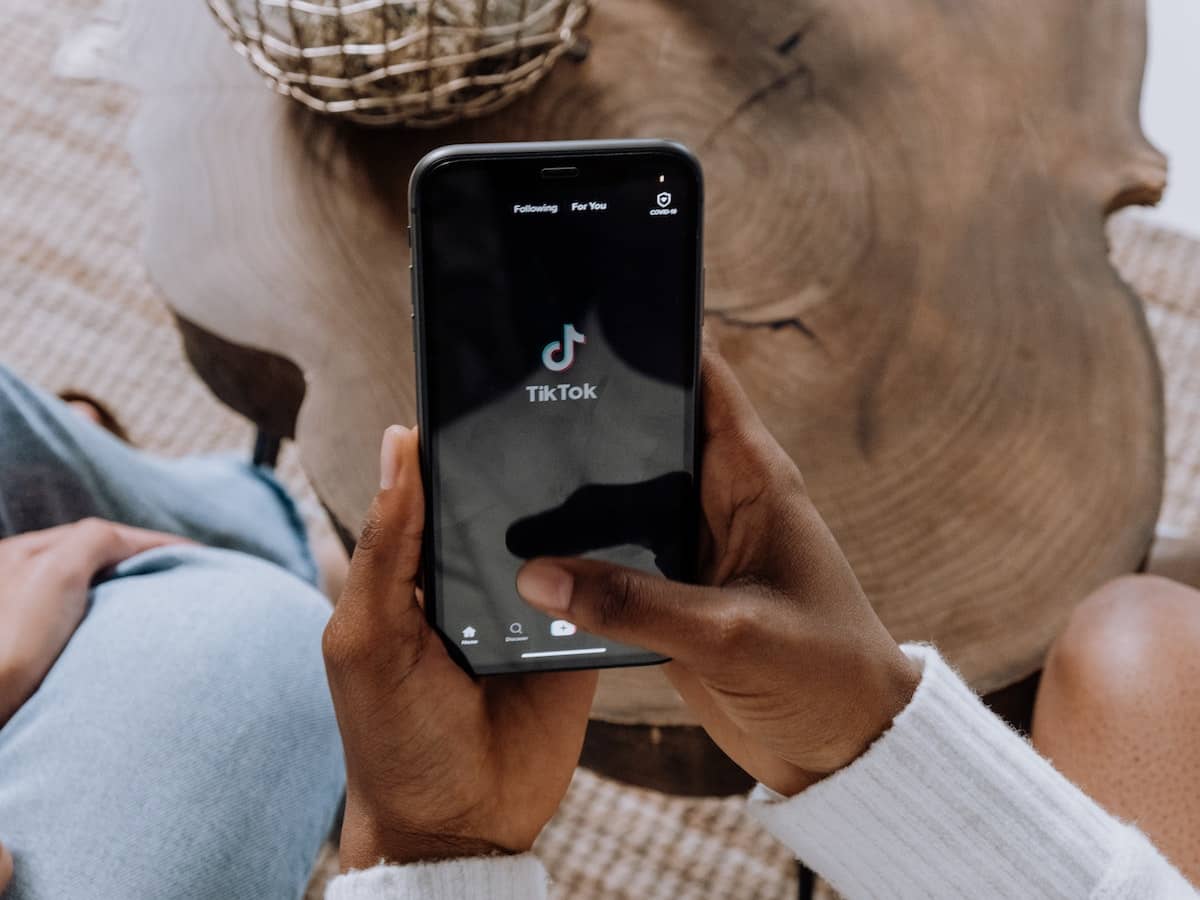Prime Minister Ehud Barak, scheduled to meet with President Clinton at the White House on Sunday, said expectations were low for a quick end to the six weeks of fighting that has killed at least 193 people, most of them Palestinians.
Both sides appeared to be moving further apart on peace talks that were suspended after the fighting broke out. The Palestinians announced several conditions on Friday for resuming talks, including an international peacekeeping force, which Israel strongly rejects.
``We need the protection of the Palestinian people as a prerequisite for the start of any negotiations,'' said Ahmed Qureia, a senior Palestinian negotiator.
In the latest violence, Palestinian gunmen in a civilian car fired pistols at an Israeli army jeep patrolling the Gaza Strip, triggering a gun battle, the military said. Israeli soldiers charged the car, killing the two men inside. One soldier was mortally wounded and a second suffered light injuries, the military said.
Fearing the car might be packed with explosives, Israeli troops used a robot to drag the bodies from the car and check the vehicle for bombs. None was found.
A Palestinian splinter group, Fateh-Intefadeh, claimed responsibility for the attack in a statement faxed to The Associated Press in Damascus, Syria. Israel radio, citing an army commander, said the two men killed in the car had documents indicating they were Palestinian policemen.
A third Palestinian was shot dead during a clash in Gaza at the Erez crossing point with Israel, and a fourth was fatally shot in the West Bank city of Hebron, hospital doctors said. A Palestinian also died Saturday from gunshot wounds suffered Friday during violence that killed four other Palestinians and one Israeli soldier.
At a clash in Bethlehem on Saturday, a free-lance photographer on assignment for the AP was hit by a bullet in the abdomen. Yola Monakhov was taken to a Jerusalem hospital for surgery, but her injuries were not life-threatening, doctors said. Monakhov, 26, from New York, is an American citizen who also holds a Russian passport.
Barak's session at the White House will come three days after Palestinian leader Yasser Arafat met with Clinton to discuss U.S. efforts to calm the unrest. Despite repeated U.S. intervention, the violence has shown no real signs of abating.
The Palestinians have expressed frustration with Washington's efforts, saying the Americans favor Israel and calling for other nations to be brought into Mideast peacemaking.
Arafat appealed to the U.N. Security Council on Friday for the deployment of an international peacekeeping force to protect Palestinian civilians. Israeli Ambassador Yehuda Lancry said a U.N. force was unacceptable and had not been envisaged in earlier peace accords. The United States says it will oppose any force as long as Israel rejects it.
Qureia, the Palestinian negotiator, said that for peace talks to resume, Israel would have to freeze Jewish settlements and the United Nations, the European Union, Russia, China, Egypt and Jordan would have to be brought in as mediators. Both sides also would have to reaffirm that talks are based on U.N. resolutions calling on Israel to withdraw from land won in wars with the Arabs, he said.
The Palestinians have raised such demands in the past, but never as a requirement for returning to the negotiating table.

